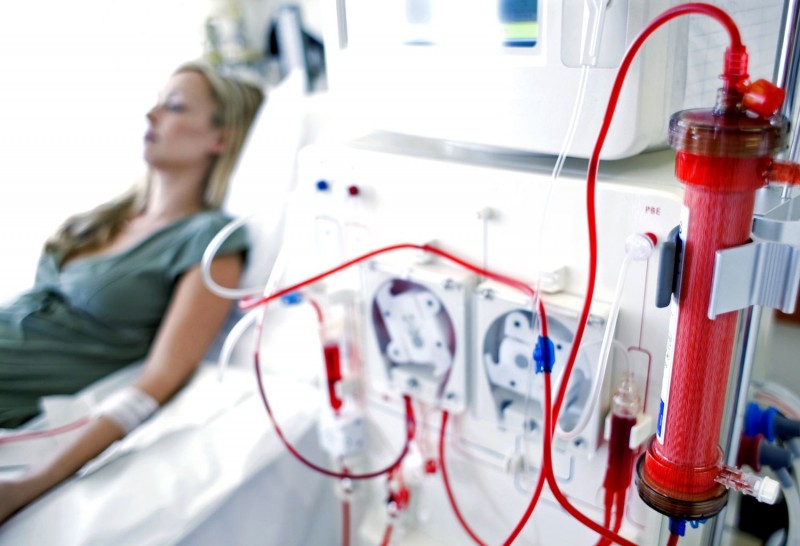
After undergoing dialysis, it's crucial to adhere to certain guidelines to safeguard your health and well-being. Failure to do so can lead to detrimental consequences for your body. Let's delve into the essential factors to bear in mind post-dialysis:
Hydrate Adequately: Dialysis can remove excess fluids from your body, making it essential to replenish lost fluids by drinking water or other recommended fluids.
Monitor Fluid Intake: Keep track of your fluid intake to prevent dehydration or overhydration, as both can pose risks to your health.
Follow Dietary Recommendations: Stick to the dietary guidelines provided by your healthcare team, which often include limiting sodium, phosphorus, and potassium intake.
Balanced Nutrition: Ensure your meals are well-balanced and provide essential nutrients to support overall health and recovery.
Take Prescribed Medications: Consistently adhere to your medication regimen as prescribed by your healthcare provider to manage conditions such as hypertension, anemia, or diabetes.
Report Side Effects: Notify your healthcare team promptly if you experience any adverse reactions to medications.
Engage in Regular Exercise: Participate in physical activities recommended by your healthcare provider to improve circulation, muscle strength, and overall well-being.
Avoid Overexertion: While exercise is beneficial, avoid activities that strain your body excessively, especially in the immediate aftermath of dialysis.
Regular Check-ups: Attend follow-up appointments with your healthcare provider to monitor vital signs such as blood pressure, heart rate, and blood sugar levels.
Be Vigilant for Symptoms: Stay alert for any signs of complications or adverse reactions and report them promptly to your healthcare team.
Follow Wound Care Instructions: If you have dialysis access sites or other wounds, adhere to proper care instructions provided by your healthcare provider to prevent infections.
Promptly Address Concerns: Seek medical attention if you notice any signs of infection, such as redness, swelling, or discharge.
Seek Support: Dealing with chronic illness and undergoing dialysis can be emotionally challenging. Seek support from loved ones, support groups, or mental health professionals if needed.
Maintain a Positive Outlook: Stay optimistic and focus on aspects of life that bring joy and fulfillment, even amidst health challenges.
Quit Smoking: If you smoke, consider quitting to reduce the risk of cardiovascular complications and improve overall health outcomes.
Limit Alcohol Intake: Moderate or eliminate alcohol consumption, as it can exacerbate certain health conditions and interfere with medications. Ensuring optimal health after dialysis requires a multifaceted approach encompassing hydration management, dietary adherence, medication compliance, physical activity, vigilant monitoring, wound care (if applicable), emotional well-being, and lifestyle modifications. By prioritizing these aspects of post-dialysis care, individuals can minimize complications and promote overall health and quality of life.
Sunscreen Beyond Summer: The Key to Healthy Skin Year-Round
National Wine Day 2024: Does Moderate Drinking Really Have Health Benefits?
Excessive use of earphones is not without danger! Avoid infection like this